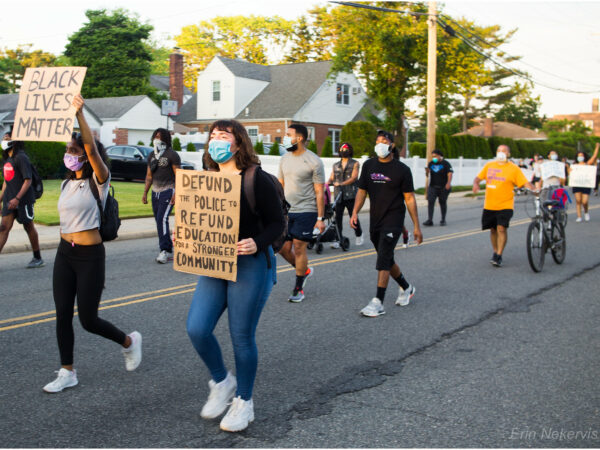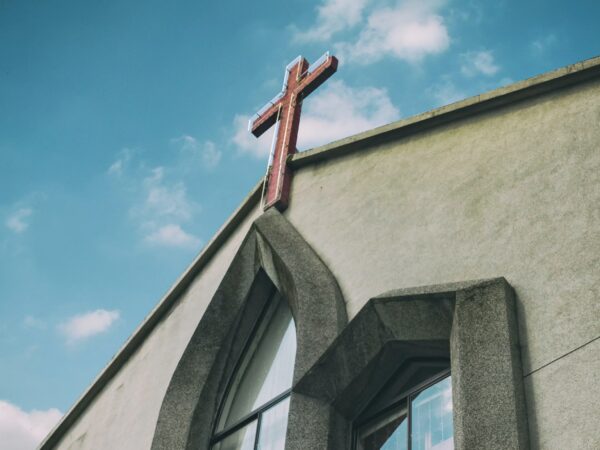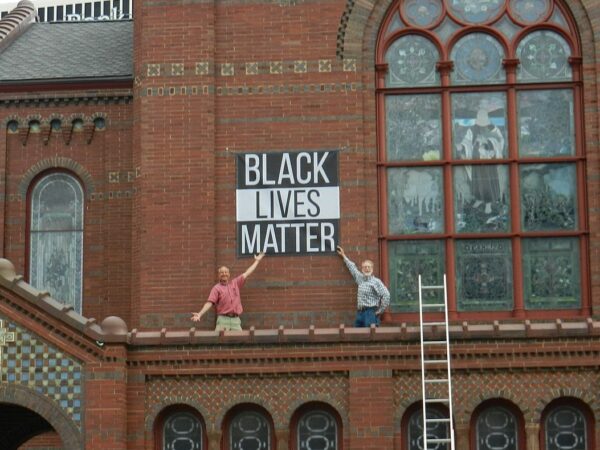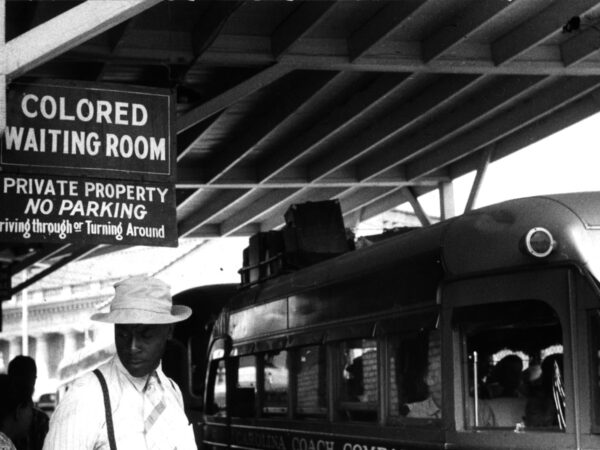
As literary works of speculative fiction, Octavia Butler’s Parable of the Sower (1993) and Parable of the Talents (1998) thrust us into an all-too-near future, offering a haunting perspective on what our world could entail by the year 2035. In 2024, however, Butler’s Parables are no longer mere imaginative forays into the future.

I interpret the questions put to my political economic approach like this: While Tran’s racial capitalist emphasis on structures and systems seems mostly correct, rightly deflating individualists/personalist (“identarian” as I say in the book) accounts of racism and accordingly moving the conversation forward, it misses something crucial.
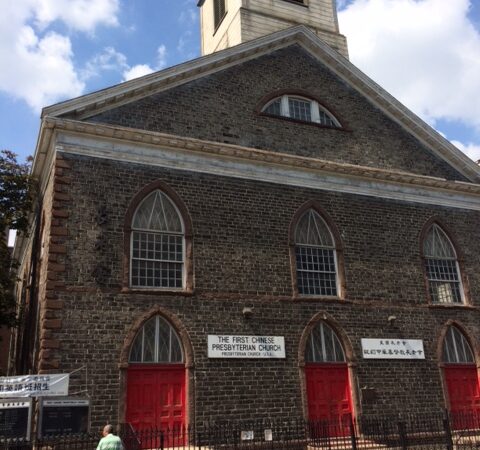
How I understand Tran’s story is that the script for Asian American Christian resistances to racial capitalism needs to be formed by the dangerous memory of Jesus Christ’s witness. Otherwise, Asian American theologies end up resisting identarian essentializations of Asian America that do not always speak to concrete challenges and dynamics that Asian Americans experience.
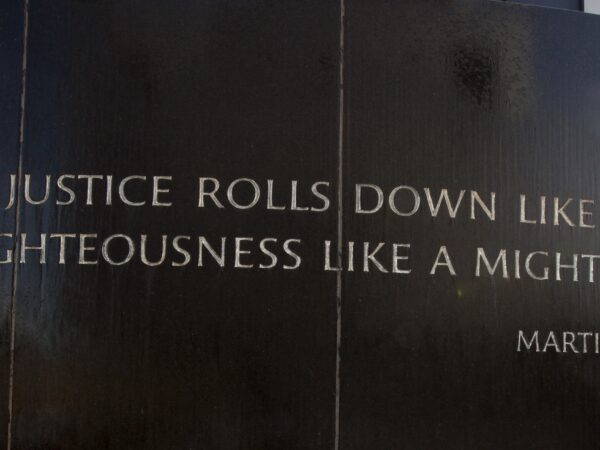
The reality into which we are called to participate, to embody, and to invite others is profound in that it promises to create the very sociality for which we long. It promises to establish the Kingdom of God that is not yet our everyday reality and, at the same time, is present to us in certain spaces and in moments of profound connection.
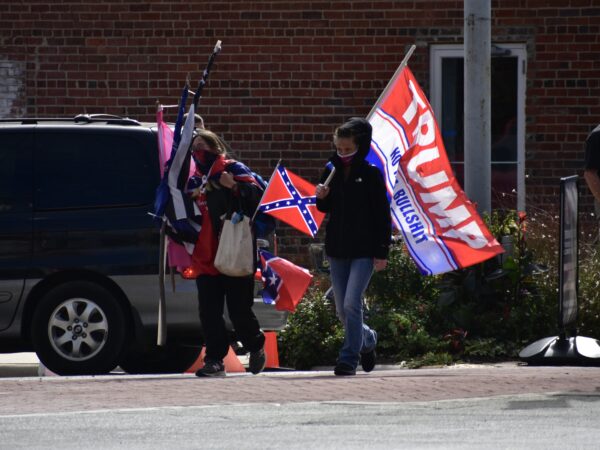
But how could Trump seduce a great majority of the Jesus-believing, Bible-thumping, church-attending evangelical conservative community when his values are so contrary to those of Jesus, the Bible and what the church should stand for?

